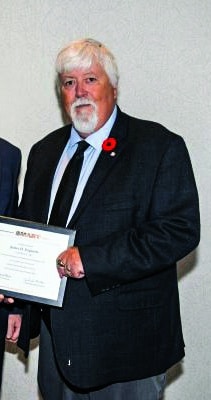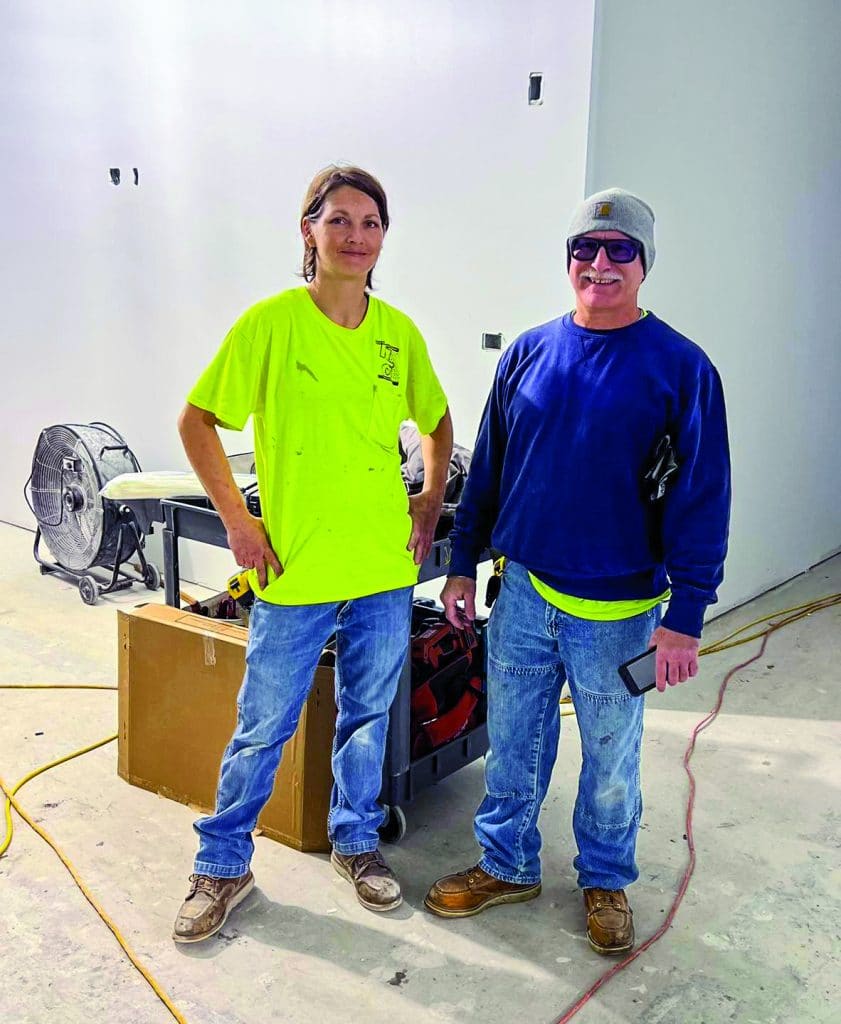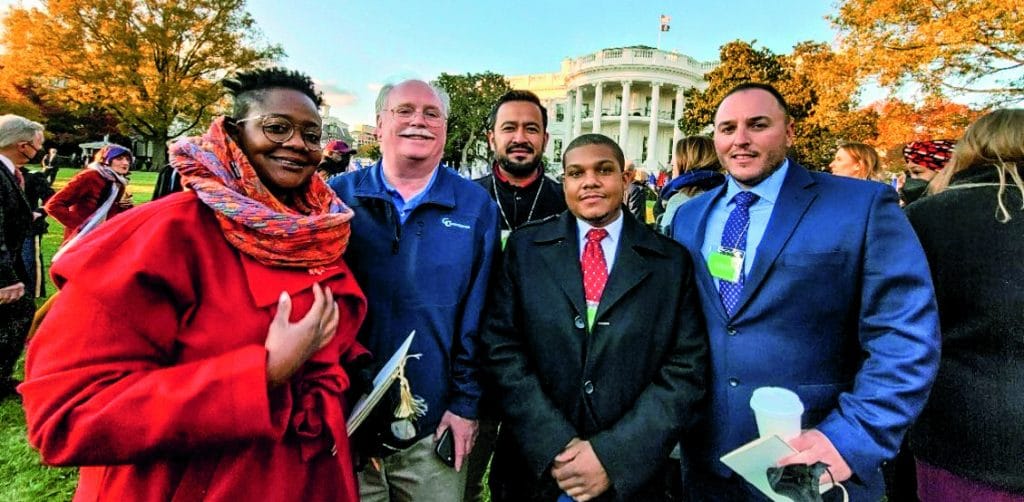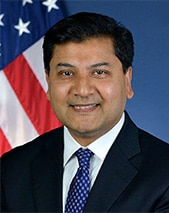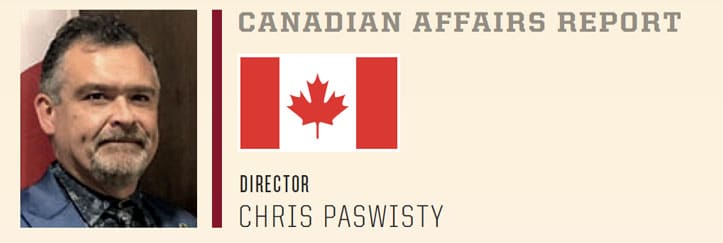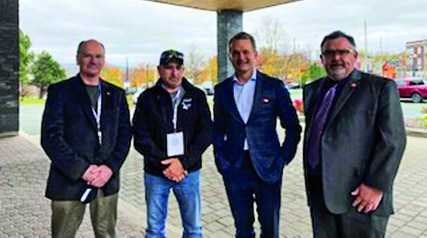Brothers and sisters:
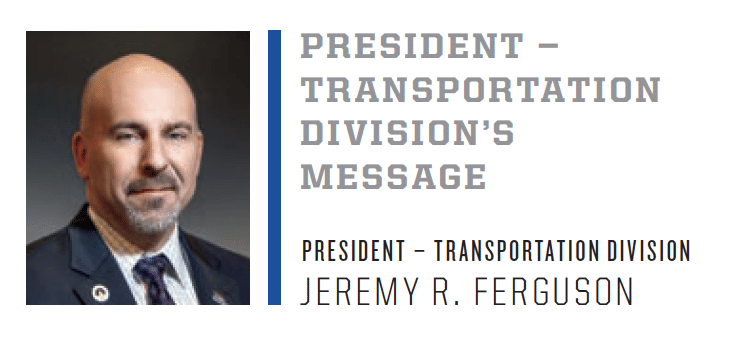
As we enter this new year, it is important to reflect on where we have been, what challenges we have faced and what accomplishments we have made together. I am excited about our future and can say, with certainty, we are more prepared now than ever to face it head-on, with the best interests of our fellow brothers and sisters at the forefront.
While the last few years have had their share of trials, I am confident better days are ahead.
Amit Bose, President Joe Biden’s nominee to lead the Federal Railroad Administration, was confirmed Jan. 12 after a long wait. His ascension is one more step toward a common-sense regulation of freight rail crew size with safety, not profits, in mind. TD leadership looks ahead with great anticipation as we continue building the relationship we have established with him and the federal Department of Transportation.
I am also pleased to note that the Biden administration nominee for the vacant position on the National Mediation Board, Deidre Hamilton, was installed. This creates a 2-to-1 Democratic majority and a much more labor-friendly board than what we have had to deal with the last four years. This confirmation likely spurred NMB to work on the logjam of requested representation elections ignored by the previous administration. Our Organizing Department has six cases filed and reported that ballots are out on five. We are hopeful we’ll be able to welcome these properties into the SMART family soon.
I hear you loud and clear that better working conditions (removing bad attendance policies and getting better quality of life) are at the top of your list of things that need fixed as soon as possible.
Of course, NMB will play a key role as we, along with the other Coordinated Bargaining Coalition unions, announced in late January that national rail contract discussions had reached an impasse. They will select a mediator whom we hope will move negotiations past the past two years’ worth of insulting offers that the carriers have presented and into a truly constructive and realistic phase. Our members deserve nothing less after moving America’s freight during this pandemic. I hear you loud and clear that better working conditions (removing bad attendance policies and getting better quality of life) are at the top of your list of things that need fixed as soon as possible. That is why we challenged BNSF’s draconian and punitive Hi Viz attendance policy. We will stand up to mistreatment of our members, especially when carriers continue to crow about record profits.
The last couple of years have seen membership numbers drastically decline, but I am thrilled to announce we have a new local, 1706, opening up in the Kansas City area for approximately 200 new members working for Student Transportation of America. Vice President Calvin Studivant has been working closely with these new members and has completed their first fully ratified agreement. Congratulations to our new bus members, and welcome!
I have been fortunate to be invited and to attend a number of union meetings, Labor Day events and holiday cookouts recently. This allowed me the opportunity to openly talk with the membership and update them on the state of our UNION. I am looking forward to many more of these face-to-face meetings in 2022. I hear you loud and clear that better working conditions (removing bad attendance policies and getting better quality of life) are at the top of your list of things that need fixed as soon as possible.
It has been frustrating that we have not had our normal annual regional meetings the last two years, but I must say that I am proud of a number of our state legislative directors and general chairpersons who stepped up and took matters into their own hands. They organized “Regional Training Seminars” that consist of a variety of training and classes for local officers. I was honored to be asked to address the groups and spend time with those in attendance. SMART-TD provided a number of the facilitators and additional support and that, along with the hard work of the aforementioned SLDs and GCs, made all of them huge successes.
These have been so impactful that we are planning on additional seminars to be scheduled next year. If this is something you have an interest in attending, please let your SLD or GC know. I look forward to seeing more of you in the coming year at these meetings!
“Solidarity” is a word we throw around a lot, but it is always an adrenaline rush when you see it in action. I was excited to be invited and participate in a huge rally in Chicago in November to assist the Metra Passenger Rail Coalition. All Metra crafts were fighting for a good contract after being faced with what seemed to be never-ending mediation. VP Jamie Modesitt, Alternate National Legislative Director Jared Cassity and I didn’t need to be asked twice by GC Chip Waugh if we wanted in. The big blow-up rat and bullhorns blaring with the Chicago PD out to keep the crowd under control was exhilarating to say the least. We had local and state legislators and U.S. Reps. Chuy Garcia and Marie Newman show up to lend their support. It was yet another example of what organized labor can accomplish — together!
Your union also is continuing to get things done. We added many more features to the SMART app, making it more of a vital resource and advancing our technological presence. We’ve been able to adapt to a new way of leadership training with regional training seminars and coming soon our virtual educational efforts with SMART University. We are also developing a new website that will be more interactive, to name but a few.
There’s a lot going on and a lot more to come. I am excited and proud to be on this journey with you.
In closing, I ask that you do everything in your power to keep yourself and your fellow sisters and brothers safe on the job. Safety is a gift we give our families each and every day.
Please stay safe and God bless!

President, Transportation Division
